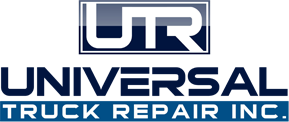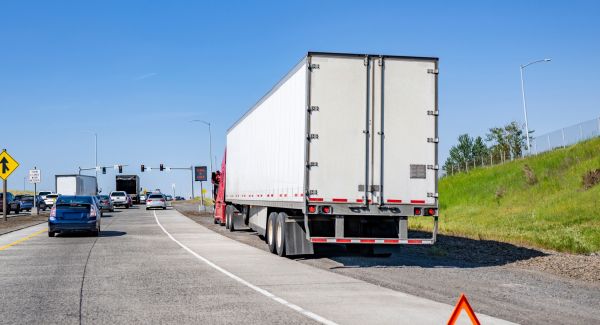For heavy-duty truck operators, one of the most common and frustrating maintenance concerns is a failed regeneration cycle and diesel particulate filter (DPF) issues. Understanding why regens fail and how to prevent costly DPF problems is essential to keeping your truck on the road and avoiding downtime.
What Is a Regen and Why Is It Important?
Regeneration, or “regen,” is the process by which a diesel engine burns off the soot accumulated in the DPF. This soot is a natural byproduct of diesel combustion, and the DPF’s job is to trap and eliminate it to meet emissions standards. There are two types of regens: passive (which occurs automatically during normal driving conditions) and active (which is initiated by the engine control module when soot levels get too high).
When these regens fail or become too frequent, it’s a sign of deeper issues within your emissions system, which can lead to clogged DPFs, derated engine performance, and expensive repairs.
Common Reasons Regens Fail
- Excessive Idling: Trucks that spend too much time idling don’t reach the proper exhaust temperatures required for passive regeneration. This results in more frequent active regens and quicker soot buildup in the DPF.
- Faulty Sensors or EGR System Issues: The diesel engine relies on a network of sensors and the Exhaust Gas Recirculation (EGR) system to regulate emissions. A faulty sensor or malfunctioning EGR valve can trigger failed regen cycles or prevent them from starting altogether.
- Poor Fuel Quality or Oil Contamination: Low-quality diesel fuel or oil contamination can increase soot production, accelerating DPF clogging. Regular oil changes with proper diesel-grade oil and fueling at reputable stations can help mitigate this.
- Short Hauls and Stop-and-Go Driving: Trucks operating primarily on short routes or in urban stop-and-go traffic rarely achieve the sustained high temperatures needed for proper regen cycles, leading to incomplete or failed regens.
How to Prevent DPF and Regen Problems
- Monitor Your Driving Habits: Whenever possible, minimize excessive idling and take longer drives at highway speeds to allow for passive regeneration. Letting your truck “stretch its legs” regularly goes a long way in maintaining DPF health.
- Keep Up with Preventative Maintenance: Routine maintenance is critical. Have your DPF inspected and cleaned at intervals! Also, replace fuel, air, and oil filters on schedule to ensure your emissions system runs efficiently.
- Use Diagnostic Tools and Telematics: Modern trucks often come with onboard diagnostics and telematics systems. Use these tools to monitor soot levels, regen frequency, and fault codes to catch issues before they escalate.
- Work with Universal Truck Repair Inc: A skilled heavy-duty diesel technician can perform forced regens, diagnose sensor issues, and clean or replace DPFs when needed. At Universal Truck Repair Inc, we specialize in advanced diagnostics.
Stay Ahead of DPF Issues
Preventing DPF and regen failures isn’t just about following rules. It’s about protecting your truck’s performance and your bottom line! If you're experiencing frequent regens, power loss, or warning lights, bring your rig in for a professional inspection with our team in Los Angeles, CA. Preventative care today can save you thousands in repairs tomorrow. Schedule in advance by calling (323) 264-4147 or by visiting our website: Universal Truck Repair Inc.

